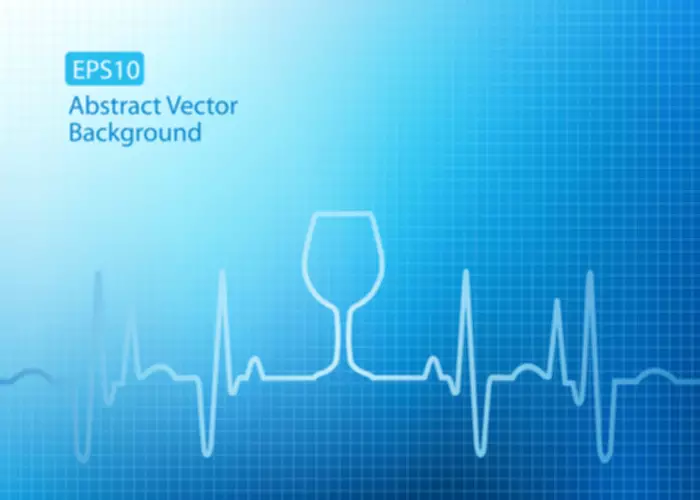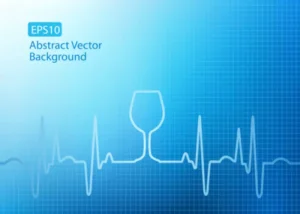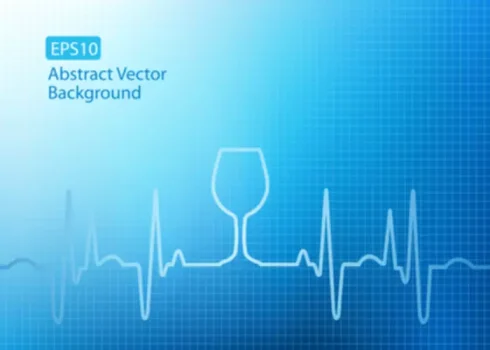
Melanie Rud is a beauty writer and editor with over 15 years of experience in the industry covering skincare, makeup, hair, and more. Her work has appeared in Shape, Real Simple, Byrdie, In Style, RealSelf, Good Housekeeping, PopSugar, and multiple other print and digital outlets. Additionally, she works as a personal beauty coach and also offers consulting services for beauty companies.
- These symptoms could indicate a more serious allergic reaction, which can be life-threatening if left untreated.
- Although alcohol makes you fall asleep faster, it interrupts your natural sleep-wake cycle (or circadian rhythm).
- If your hives are accompanied by other symptoms such as difficulty breathing or swelling of the face, lips, or tongue, it’s important to seek medical help right away.
- It’s important to note that hives triggered by alcohol can occur with any type of alcoholic beverage, including beer, wine, and spirits.
- I am a passionate beer connoisseur with a deep appreciation for the art and science of brewing.
Skin prick test

If left untreated, an allergic reaction can quickly become worse. No, alcohol intolerance is not the same as being intoxicated or drunk. Alcohol intolerance doesn’t mean you become drunk faster or after drinking less alcohol. And the condition does not increase your blood alcohol level, either. Often, people with alcohol intolerance drink less, alcohol allergy because the symptoms they experience are so unpleasant.

About Medical News Today
- Some people can be allergic to beer because it contains proteins from gluten, barley, and hops.
- White wine tends to contain higher levels of sulfites than red wine and beer.
- The healthcare professional uses a lancet to pierce a person’s skin and apply a small amount of the suspected allergen to see if it causes a reaction.
- If you experience these symptoms, seek medical attention immediately.
- This can help confirm if your symptoms are related to a beer allergy.
- Hives can be uncomfortable and frustrating, but with the right treatment, you can manage the symptoms and prevent them from recurring.
Red wine tends to have higher levels of histamine than white wine or beer. One study of 948 individuals found that 7.2% self-reported wine intolerance. On this plan, you’ll cut a specific food out of your diet to see if your symptoms get better. Then, you’ll try to add the food back in later to see if your symptoms come back.
Poor Food Choices
The anaphylactic reactions to drinking alcohol are not very common. Moreover, most reactions to ingested alcoholic beverages are less important to other chemicals in the beverage, such as papain, metabisulfite, or even yeast. However, in a few cases, there are reports of true allergic reactions in which the stimulating agent was shown to be the ethanol (present in the alcohol), resulting in hives.
Blood tests look for antibodies to specific allergens in your blood. A large number of antibodies may signal that you have an allergy. If you find out that you’re allergic to one ingredient, you might still be able to enjoy beer. With a little research and careful label reading, you may be able to find beer that doesn’t contain that particular allergen.

It means you have to take great care in reading labels and choosing foods and drinks. Nearly 1.2 percent of adults in the United States are allergic to wheat. Often, people who are allergic to wheat are also allergic to barley, though that’s not always the case. Barley is typically considered safe for those with wheat allergies. When people have anxiety, drinking alcohol might seem like an effective way to cope. And though the immediate effects might lessen some of the worry or dread you feel, this change is short-term, and the long-term consequences can make matters worse.
- A food and symptom diary can help you keep track of when your symptoms appear and whether they line up with certain things—such as alcohol.
- Beer is made up of many ingredients, including water, malt barley, brewer’s yeast, hops, and assorted flavorings.
- If they suspect you have a true allergy to alcohol or another ingredient in alcoholic beverages, they will likely conduct allergy testing.
- Sulfites interact with stomach acid to release an irritant gas called sulfur dioxide, which can cause airway irritation in susceptible individuals.
- A person experiencing a severe allergic reaction should go to the emergency room immediately.
Tests

At the very alcoholism symptoms least, you should limit alcohol as much as possible, especially if it’s making you unwell. Post-viral fatigue (PVF) is fatigue that first starts during a viral infection but persists after the virus has gone. Scientists are not sure what causes PVF, though immune cells called cytokines likely play a role. An inherited metabolic disorder means you got this condition from your parents — they each passed down a mutated (changed) gene that resulted in this disorder. Even if your parents don’t have the condition, they can pass it to you. I am a passionate beer connoisseur with a deep appreciation for the art and science of brewing.
If a person is allergic to a particular ingredient found in some drinks, they could switch to drinks that do not contain it. Hodgkin lymphoma is a blood cancer that can affect a person’s lymphatic system. People with this condition usually experience swelling in the lymph nodes in areas including the neck, armpits, or groin. We will also look at what causes alcohol allergies and review the differences between alcohol allergy and intolerance.
Charitable Care & Financial Assistance
If you suspect that alcohol is causing or contributing to your hives, it’s best to seek medical advice for an accurate diagnosis and personalized recommendations. Histamines are chemicals released by the immune system in response to allergens or irritants. In individuals who are sensitive or allergic to alcohol, the body’s immune system may recognize alcohol as a threat and release histamines as a defense mechanism. Unlike the effects that regular consumption of alcohol can have on, say, your liver, you can witness the damage it’s doing to your skin with your eyes. Alcohol intolerance can cause immediate, uncomfortable reactions after drinking alcohol.
